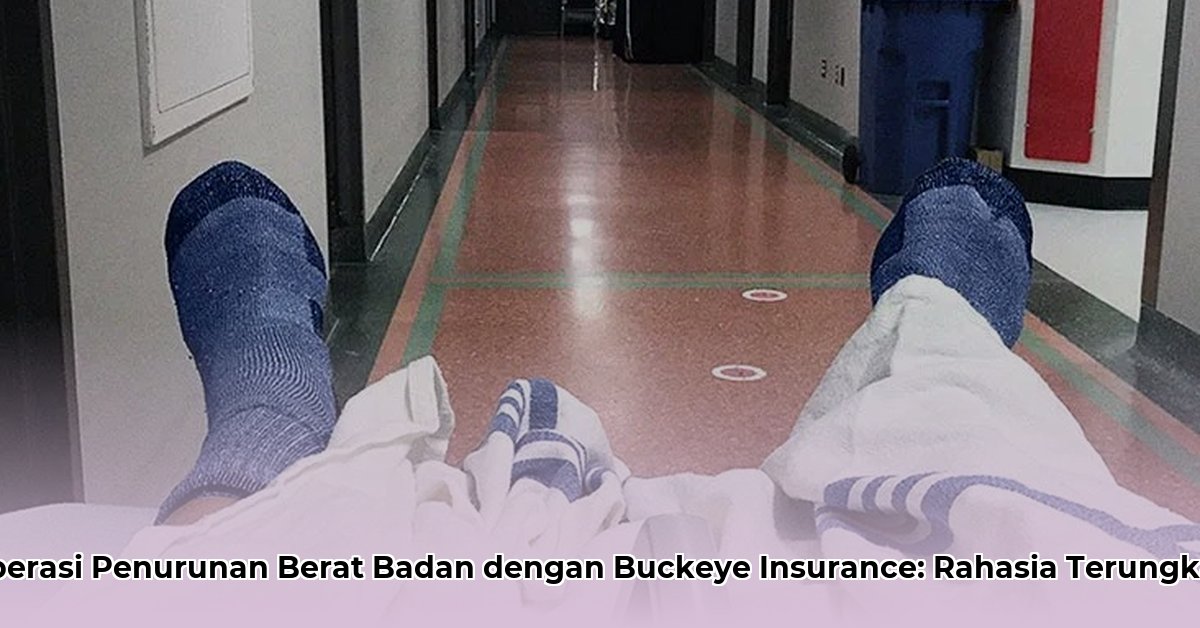
Eligibility, Costs, and Success Rates
Eligibility Requirements
Buckeye Health Plan, in collaboration with Medicare and Ohio Medicaid, provides weight loss surgery coverage to eligible individuals. To qualify, candidates generally require a Body Mass Index (BMI) of 40 or higher, or a BMI of 35 or above with co-occurring health conditions linked to obesity, such as heart disease, diabetes, or sleep apnea.
Prior Authorization
Prior approval from Buckeye is mandatory for certain weight loss surgery procedures. The approval process involves submitting a request through a healthcare provider, along with medical records and proof of attempted non-surgical weight loss methods.
Covered Procedures
Buckeye Health Plan covers a range of weight loss surgery procedures, including:
- Roux-en-Y gastric bypass
- Sleeve gastrectomy
- Adjustable gastric banding
Costs and Financial Assistance
The cost of weight loss surgery varies depending on the procedure type, hospital fees, surgeon’s fees, and insurance coverage. Buckeye Health Plan provides financial assistance options for members to make this procedure more accessible.
Alternative Options
Buckeye also offers alternative weight loss options, like nutritional counseling and support groups, as a starting point for individuals not ready for surgery or seeking additional support.
Success Stories and Benefits
Weight loss surgery can lead to significant weight loss and improved health outcomes. Buckeye’s coverage supports individuals in this transformative journey, providing access to resources and tools for success. Beyond coverage, Buckeye Health Plan provides comprehensive health benefits, pharmacy services, and value-added programs to support overall health and well-being.
Tips for Navigating Prior Authorization
To increase your chances of approval:
- Gather Comprehensive Documentation: Collect medical records that support your weight history, previous weight loss attempts, and health checkups.
- Communicate Effectively: Maintain clear communication with Buckeye Insurance and promptly provide requested information.
- Seek Support: Engage with healthcare providers, patient advocates, or support groups for guidance and assistance.
- Appeal Denials: If denied, consider appealing the decision with additional documentation or a second opinion.